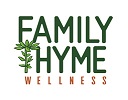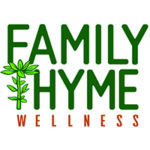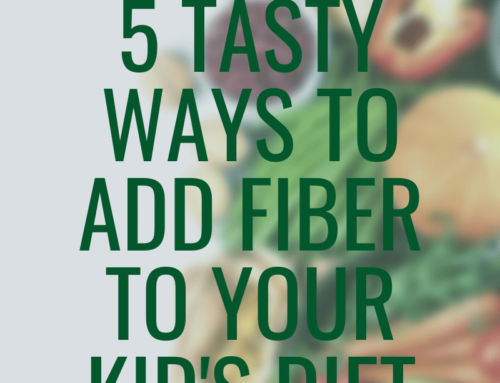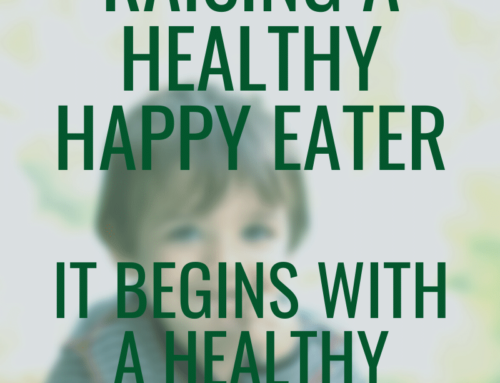Vegan, Vegetarian, Plant-Based; What’s the Difference?
Diet trends come and go. People are quick to jump on board whatever the latest and greatest way to eat may be. Currently there is a lot of talk about vegan, vegetarian and plant-based diets. Food manufacturing companies and well-known restaurant chains are stocking plant-based meat substitutes and they are flying off the shelves as the typical consumer believes these to be healthier versions of meat. But are they healthier? And what exactly is the difference between vegan, vegetarian and plant-based? I’ll get to the first question in a bit. Right now, I want to give you an easy explanation and definition of the three.
Vegan
A vegan is a person who does not eat any food derived from animals and who does not use other animal products. Vegans do not eat meat, fish, poultry, eggs, dairy products or honey. The Vegan Society defines veganism as “a philosophy and way of living which seeks to exclude all forms of exploitation of, and cruelty to, animals for food, clothing or any other purpose”. Deciding to become vegan does not simply mean cutting out animal products from your diet. By eliminating these foods, you are eliminating most protein sources the average person consumes. It is very important to consult with a nutrition expert, like a Registered Dietitian, to help ensure you are taking the right supplements like B12 and iron since these are largely consumed through animal products. Doing your research first, also helps you to find recipes and resources to make sure you are including other important nutrients through plant-based foods.
- Omega-3 Fatty Acids typically found in fish can be found in certain nuts
- Calcium typically consumed through dairy can be found in kale, broccoli and almonds
- Other sources of protein: beans, nuts, high protein grains like quinoa
Vegetarian
A vegetarian is a person who does not eat meat, and sometimes other animal products. There are four types of vegetarians:
- Vegans-defined above
- Lacto-Vegetarian-does not eat red or white meat, fowl or eggs but does consume dairy products like milk, cheese and yogurt
- Ovo-Vegetarian-does not eat red or white meat, fowl or dairy but does consume egg products
- Lacto-Ovo Vegetarian-does not eat red or white meat or fowl but does consume dairy and egg products and is the most common type of vegetarian
A vegetarian diet is more flexible than a vegan diet and may not need quite as much supplementation. Protein is still a concern so again, if you are new to vegetarianism, it is important to consult with a nutrition expert to make sure you are getting enough quality protein in your diet.
Plant-Based
Plant-Based is a newer term recently coined to indicate a diet rich in non-animal food products. Plant-Based foods are foods derived from plants with no animal-source foods or artificial ingredients. There is no formal definition for a plant-based diet like there are for vegan and vegetarian. The idea is to make plant-based foods, like fruits, vegetables, legumes and beans the center part of your plate. By adding more plant-based foods to your meals, you are increasing your consumption of vitamins, minerals, antioxidants and fiber without completely cutting out good sources of protein, calcium and iron. A plant-based diet is about balance and including more fruits and vegetables rather than cutting out or restricting foods.
For most vegans and vegetarians their lifestyle extends beyond just food. A lot of people make the decision to become vegan or vegetarian because of religious reasons, concern for animal welfare or concern for the environment. They may not wear clothes or use medication that contains animal products. Or they may not use products tested on animals. So, is this way of eating healthier? This is a tricky question. Healthier than what? Consuming more fruits, vegetables, beans and legumes helps decrease your disease risk. But, if you are considering going vegan or vegetarian it is vital that you do your research so you can make sure you are still including all the important nutrients you lose by not eating animal products, whether it be by supplementation or learning about different food combinations. Eating animal products is not unhealthy and if you enjoy eating these foods you don’t need to cut them out. Increasing your daily consumption of fruits and vegetables is healthy even if you are still eating animal products. That is why I like to recommend a more plant-based approach where you focus on increasing fruits and vegetables, decreasing processed foods but still eat animal products.
Ok, back to the question from the beginning about plant-based meat substitutes; are they healthier than their meat counterparts? My answer is no. Even though these products are plant-based they are still highly processed, high in sodium and contain other ingredients difficult to pronounce. If you are looking for a plant-based burger it’s better to go with a black bean patty or beet patty as these contain more natural ingredients. Are you thinking of trying vegan, vegetarian or plant-based? Contact me and I can help you navigate the safest and healthiest way to get started.





Leave A Comment